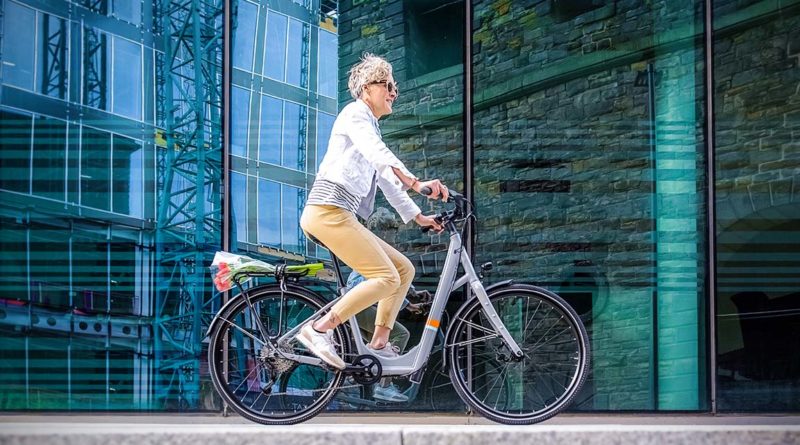Islabikes release Sustainability Report 2022
Islabikes have released their Sustainability Report 2022 which aims to better understand the environmental impact of the business, by analysing their carbon profile, supply chains and future commitments.
- The business has pledged to cut all emissions by 55% by 2030 compared to their 2019/20 baseline.
- The e-Icons electric bikes only emit an estimated 0.2 grams of C02e/mile, which is just 1.25% of the smallest car
- Scopes 1 & 2 make up less than 3% of their Greenhouse Gas Emissions
While Islabikes have made it their mission to produce bicycles that can enable more environmentally sustainable behaviour, bicycles are still one of the cleanest ways to get around, even when including the emissions from charging an electric bicycle. According to the Sustainability Report, if each child cycled to school, this could save up to 247kg of CO2e from being emitted annually.
The report also revealed that the business has less than 8 years to make significant and demonstrable reductions to their carbon emissions – with the ultimate goal to have a net-positive impact on the planet. While the makeup of value chains is complicated, and so is characterising its emissions, when analysing their carbon profile, the bike specialists found that less than 3% of their emissions were in Scope 1 and 2 – emissions directly or indirectly released – with their Scope 3 activities, including manufacturing and transport, accounting for the majority of their carbon emissions.
Additionally, when analysing the supply chains of some of their bicycles – the Rothan 14, Cnoc 16 and Beinn 26 – the primary outcomes from this were found to be:
- Rothan 14 (balance bike) – The materials and transport involved in making a Rothan 14 are responsible for more than 35kg CO2e alone
- Cnoc 16 (first pedal bike) – The materials and transport involved in making a Cnoc 16 are responsible for more than 51.8kg of CO2e alone
- Beinn 26 (multi-purpose bike) – The materials and transport involved in making a Beinn 26 are responsible for more than 79.8kg CO2e alone
The journey towards environmental culpability began with “The Imagine Project” in 2015, when founder Isla Rowntree stopped to scribble some notes whilst making her way home from a sustainable manufacturing conference to address negative impacts on the environment in the face of the climate crisis.
Since then, Islabikes have continuously worked towards finding ways to make and supply bicycles to families in a way that is viable for the future, lobbying for change amongst their supply chain, sunsetting UK suppliers not achieving their net-zero Scope 1 & 2 emissions, and also any Asian suppliers not disclosing their emissions – Islabikes will provide resources to help support the transition if suppliers don’t know how.
Some of the initiatives they’ll focus on to achieve their targets includes open collaboration, sunsetting, reviewing material consumption, responsible transport, localisation and using the eco-cost methodology to inform business decisions. Also, when it comes to cleaning up their UK operations, the business has set out the following objectives:
- Waste disposal – Remove all single-use plastics from the packaging and phase out suppliers still using them (already in progress)
- Business travel – No airfreighting of goods, to use public transport where possible, stop flights within the UK or EU and work with factories remotely to limit trips to Asia
- Electricity – Explore options for 100% renewable energy – currently it’s 32%.
Tim Goodall, Managing Director at Islabikes, commented on the Sustainability Report: “Our aim is to provide genuinely effective cycling solutions, enabling more people to take and enjoy journeys by bike, which is perhaps the best solution we can offer in order to halt the advance of the climate crisis.”
“While our negative environmental impact may be low in the grand scheme of things, this doesn’t absolve us of our responsibility to take action and commit to making a positive impact. Ultimately, we aspire to have a net-positive impact on the planet and our Sustainability Report is another step in making this direction.”
For those keen to further explore the sustainability of the cycling industry, CI.N recently sat down with for a detailed conversation with Rob Weddon.



